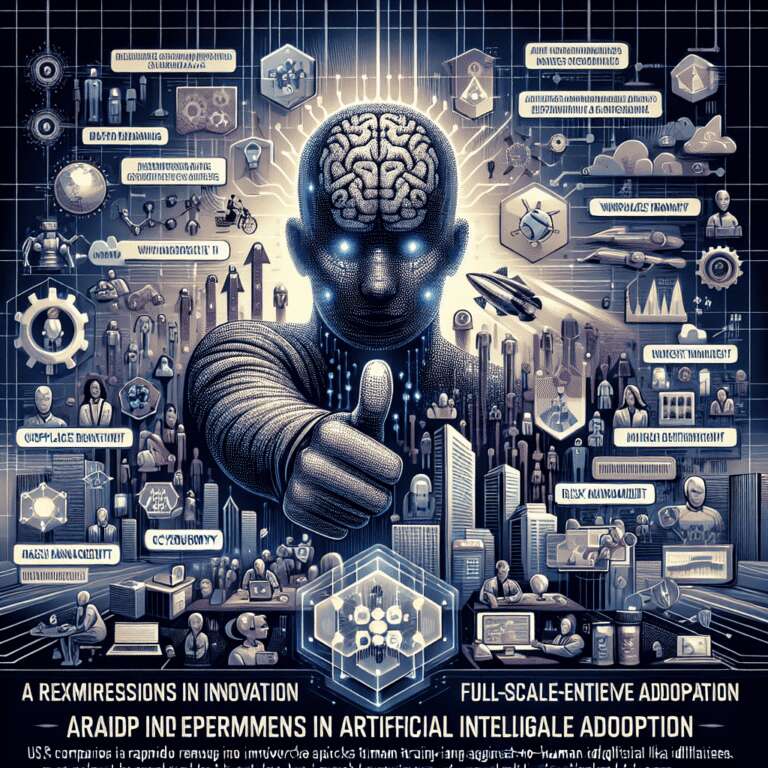A new KPMG survey reveals that 65% of U.S. companies are experimenting with artificial intelligence agents—software tools that perform workplace tasks typically handled by humans—up sharply from 37% just last quarter. Despite this significant increase in trial runs, actual full-scale deployment of the technology remains flat at 11%, underscoring continued organizational caution. The heightened experimentation comes as budgets earmarked for generative artificial intelligence are also expanding, with organizations planning sizable investments in the coming year, according to the Big Four accounting firm.
KPMG´s report indicates that companies piloting or deploying artificial intelligence agents focus on tasks such as analyzing complex datasets (78%), administrative duties (66%), call center operations (61%), and recruitment or candidate sourcing (26%). Yet, the technology’s developmental maturity and the potential for operational missteps limit wider rollout. Notably, concerns around risk management remain paramount, with more than eight in ten survey respondents expecting it to be the most significant barrier to artificial intelligence adoption through the remainder of 2025. Data privacy and security have emerged as top decision factors, with the proportion of executives citing them as critical when choosing providers jumping from 43% last quarter to 73% now.
Workforce adaptation is also a pressing challenge, as over 60% of participants anticipate employee training difficulties stemming from the complexity of artificial intelligence systems. KPMG emphasizes that, as this technology evolves, companies must address foundational issues in data infrastructure and talent development to realize measurable business value. The findings are echoed in separate research from cybersecurity firm Delinea, which highlights a sharp increase in cyber threats targeting non-human digital identities—such as bots and artificial intelligence agents—even as human identities remain prime attack targets. This confluence of operational, security, and workforce challenges is slowing the path to widespread artificial intelligence agent adoption, even as organizations ramp up their exploratory efforts and investment.

